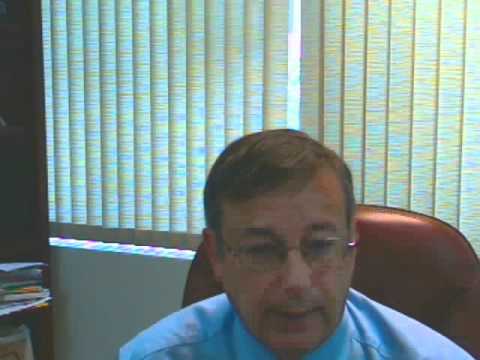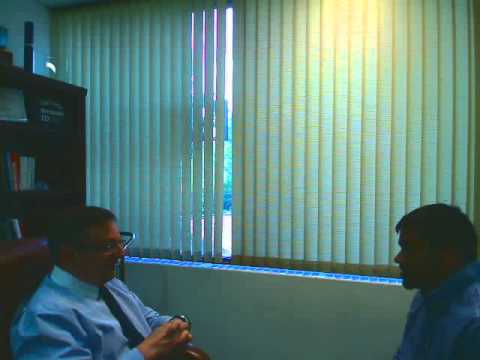![]()
![]()
Share This Page
When your mortgage term is up- is your balance up, too?
Submitted by Phil McDowell on Mon, 05/31/2010 - 18:06
About 5% of the mortgages being done in Canada the summer of 2007 were "sub-prime" mortgages.
If you obtained a "sub-prime" mortgage before they stopped doing new business in Canada during the July to December 2007 period, you may have some hard decisions to make soon. This is especially true if your mortgage started with a three year term. If you have a five year term, you have more time to plan to pay your mortgage off in full.
Pay your mortgage in full? Who can do that three years after taking out the mortgage? This is especially true for the many who took the sub-prime mortgage having qualifying income or credit issues at the time they obtained the mortgage. After only three years, the sub-prime borrower may have made every payment on time, may have increased their qualifying (taxable) income, and sorted out any past credit problems.
But, there is a big problem coming. When the term is complete, the lender does not have to offer a renewal. They can demand the remaining balance in full. And, if the remaining balance can not be paid in full, foreclosure may start.
So, which mortgage companies, or special sub-prime products, are no longer in business in Canada?
- Abode Mortgages
- Accredited Home Mortgages
- First National- discontinued their Excalibur product line
- GE Money
- GMAC Mortgage
- HSBC Finance Mortgage
- MCAP-discontinued their sub-prime Eclipse product line
- N-Brook- had insured mortgages but that does not guarantee a renewal offer
- Noble Mortgage- had insured mortgages but that does not guarantee a renewal offer
- Resmor Trust-discontinued their C class mortgages
- Wells Fargo
- Xceed Mortgage-discontinued their sub-prime product line
If you recognize one of these companies as having your mortgage, I suggest you call the lender to find out if your mortgage is default insured by CMHC, Genworth or AIG (now Canada Guarantee). If your home has a default insurance supplied by one of these default insurance companies, you have a better chance that another lender will take on your mortgage balance that is coming due, when your term is complete.
The lenders who will consider the transfer of your default insured mortgage will still want to know, and have confirmed, that you have the qualifying income (taxable) and credit to qualify for the insurance.
If you have no default insurance on your mortgage that can be transferred from lender to lender, because your mortgage had an Administration Fee, you are facing a bigger problem. In addition to seeing your credit and income is sufficient to qualify for a mortgage, your property will have to appraise enough to allow the payout of your mortgage.
If your mortgage does not go over ninety percent (90%) of the CURRENT APPRAISED VALUE, you have a chance of paying out your mortgage with a different lender. The Administration Fee paid years ago is gone and useless to you now. You will be paying another fee for default insurance. This time is will be portable to another lender, at the next maturity.
If you mortgage does not go over eighty percent (80%) of the CURRENT APPRAISED VALUE, you have a chance of paying out your mortgage with a different lender- without default insurance premiums. The location, age, and condition of your home will determine if your mortgage can be paid out without default insurance.
In both cases, an uninsured mortgage by one of those lenders is not normally a change from one lender to another by way of a transfer or "switch". It usually means you will have a lawyer's bill for creating a new mortgage for the new lender and discharging the old mortgage done by the old lender.
Moral of the story? If you have a mortgage that is not default insured by CMHC, Genworth, or AIG, you may not be able to pay out your mortgage with another lender's help. And, if they will help you, your cost of moving the mortgage will be higher than a normal transfer or "switch" mortgage.









